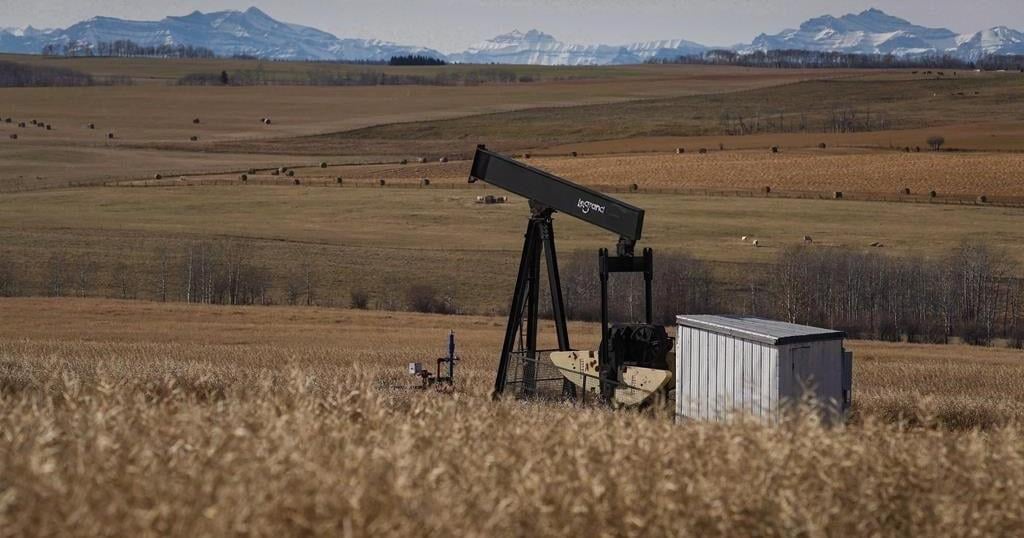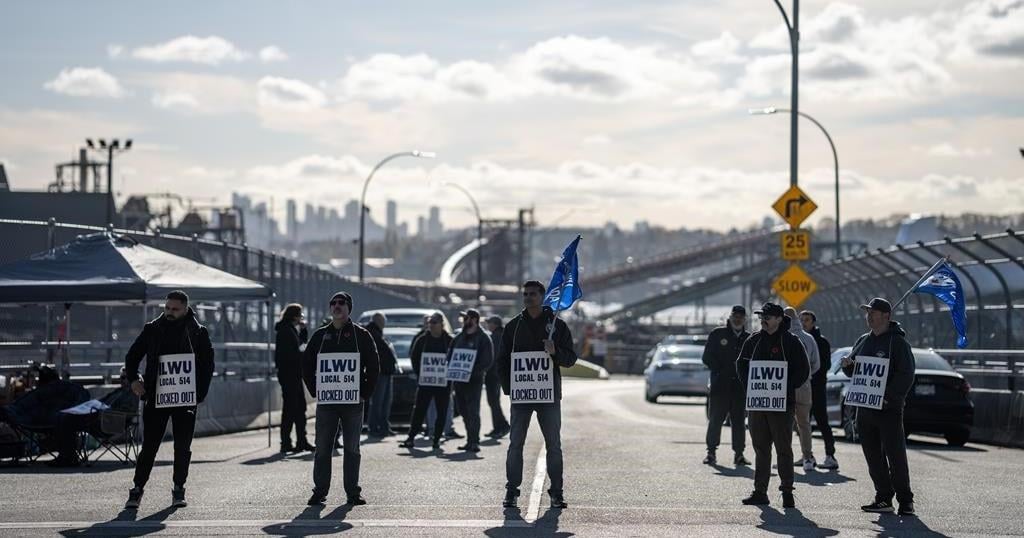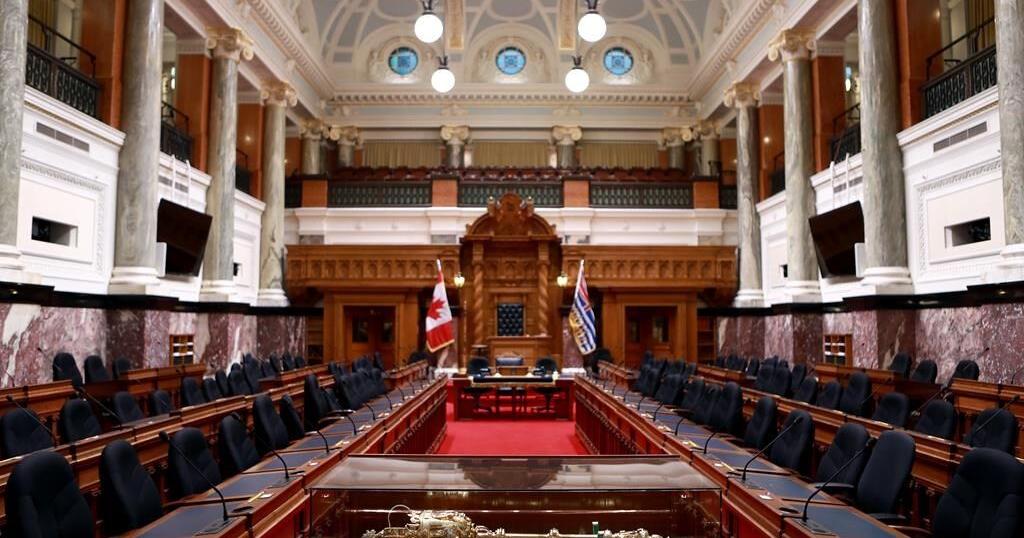EDMONTON – Alberta’s energy minister is promising strong action by next fall to clean up the province’s growing backlog of unreclaimed oil and gas sites.
“There are many oil wells to reclaim and the current system is unlikely to see them reclaimed,” Brian Jean said in an interview with The Canadian Press.
But Jean said industry might need help from public finances to live up to its legal obligations, as well as lower municipal tax burdens and a lighter regulatory approach.
“I don’t like sticks. I like carrots,” Jean said.
“Without changes to how we approach fixed costs and we approach financing well closure, we won’t make the required progress. We need to find new ways to do liability financing, and we need to change the approach on municipal taxes.”
Alberta government figures show the province has nearly a half-million energy wells. Less than a quarter are reclaimed.
Meanwhile, the province’s conventional oilpatch is in decline, with production falling slightly over the last decade. Less than 30 per cent of Alberta’s wells are new or active.
The squeeze between growing environmental liabilities and falling revenue has many worried about who will pay the cleanup bill. The tab has been estimated at anywhere from $59 billion to $260 billion.
Energy companies are required to clean up after themselves as a condition of their licences, and Jean said he supports the principle of polluter pay.
“It’s important to me to make certain industry is responsible for its own messes,” he said.
But they may need a little help.
“To stimulate activities that are necessary to protect Albertans, we might have to do some investment,” said Jean. “I’m not going to rule anything out.”
The United Conservative Party government has already proposed two programs that would use taxpayer dollars to help energy companies pay for their legally required cleanup. Both have been heavily criticized.
Jean said municipal taxes on energy facilities will also be scrutinized. He suggested municipal leaders are open to the idea that some taxes are better than no taxes at all.
“They understand that the industry needs to be healthy in order to pay municipal taxes. You have to have a tax that actually makes sense.
“They also understand we’re in it together.”
Rural Municipalities Alberta calculates provincial moves have cost its members $9 billion in reduced assessments and $332 million in mandated tax holidays on top of $252 million in unpaid taxes.
Jean refused to commit whether industry levies, such as those that go into the fund that cleans up abandoned wells, would increase.
“At this stage, I would say the Orphan Well Association is well funded. But the truth is, it’s going to change.”
Rules governing oilpatch operations may also change.
“We need to make sure our industry is able to operate competitively and, as such, lower the regulatory burden as far as things that aren’t necessary,” Jean said.
He said the Alberta Energy Regulator’s current board of experts and industry players has removed what he calls “politics” from the board’s decisions.
“That’s why we want experts on the board and filled it with people who find solutions rather than just complaints.”
Meanwhile, Jean’s government is considering a report that recommends the regulator operate more closely with politicians.
The report, by longtime industry insider and conservative activist David Yager, suggests the regulator “improve long-term planning and strategic alignment between the Government of Alberta and the (regulator).”
Consultation on new legislation, which Jean said he hopes to introduce in fall 2025, is already being organized. Six discussion tables are being formed with industry players, landowners, reclamation experts, rural municipalities and Indigenous oil and gas interests.
Jean listed organizations he planned to hear from but did not mention any environmental groups. There are no forums planned for public input.
“As far as public participation in letter-writing campaigns or open-mike sessions, I don’t see that,” Jean said. “I invite people to write to their provincial representative.”
Alberta’s environmental legacy from decades of oil and gas extraction has grown under Progressive Conservative, New Democrat and UCP governments. Jean said the current regime is the one that will finally face up to the problem.
“We are more aggressive on this cleanup file than anybody else in the world,” he said.
“It’s one that’s been ignored by governments for years, because they’ve been afraid of it. I’m not going to be afraid.”
This report by The Canadian Press was first published Sept. 16, 2024.

























